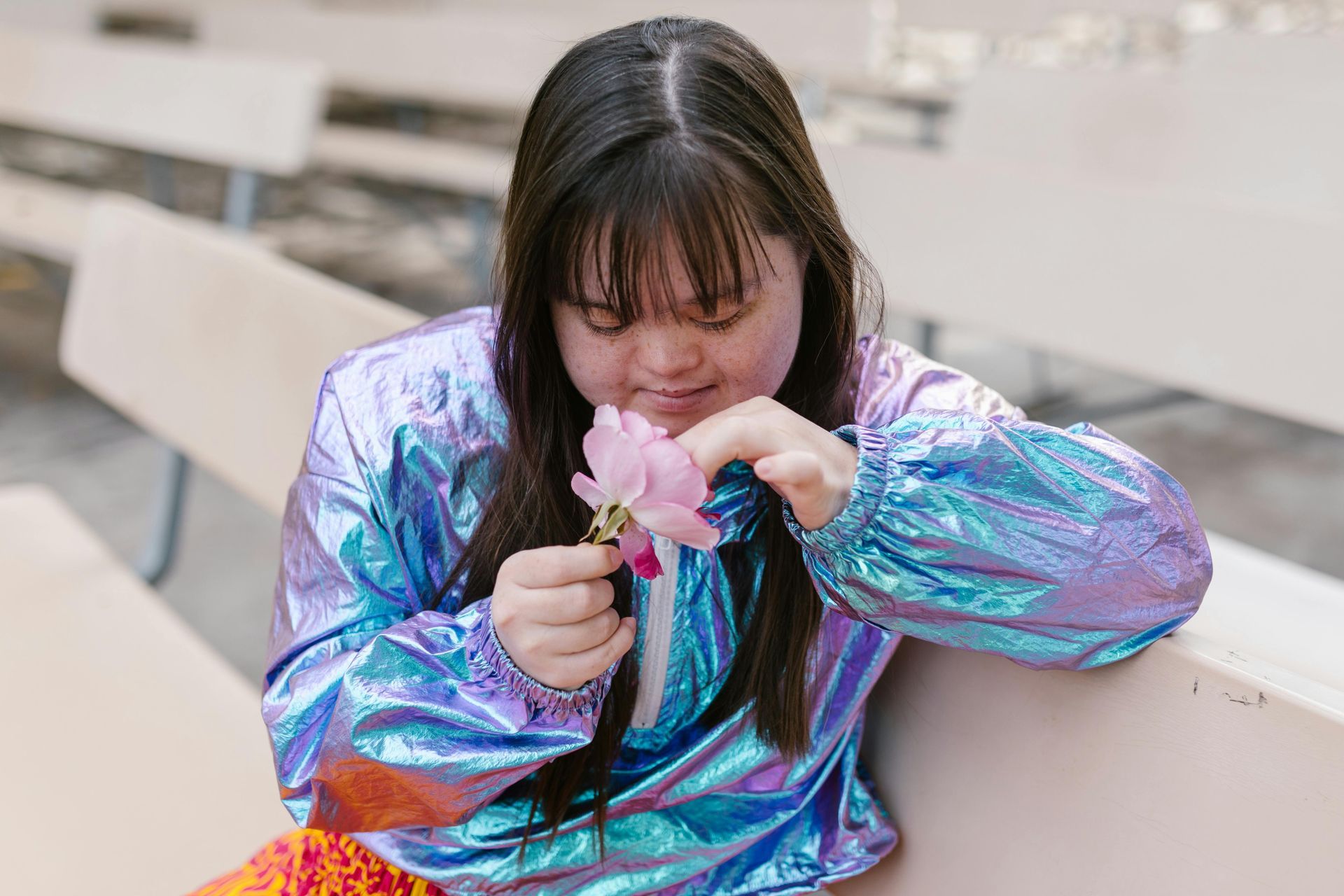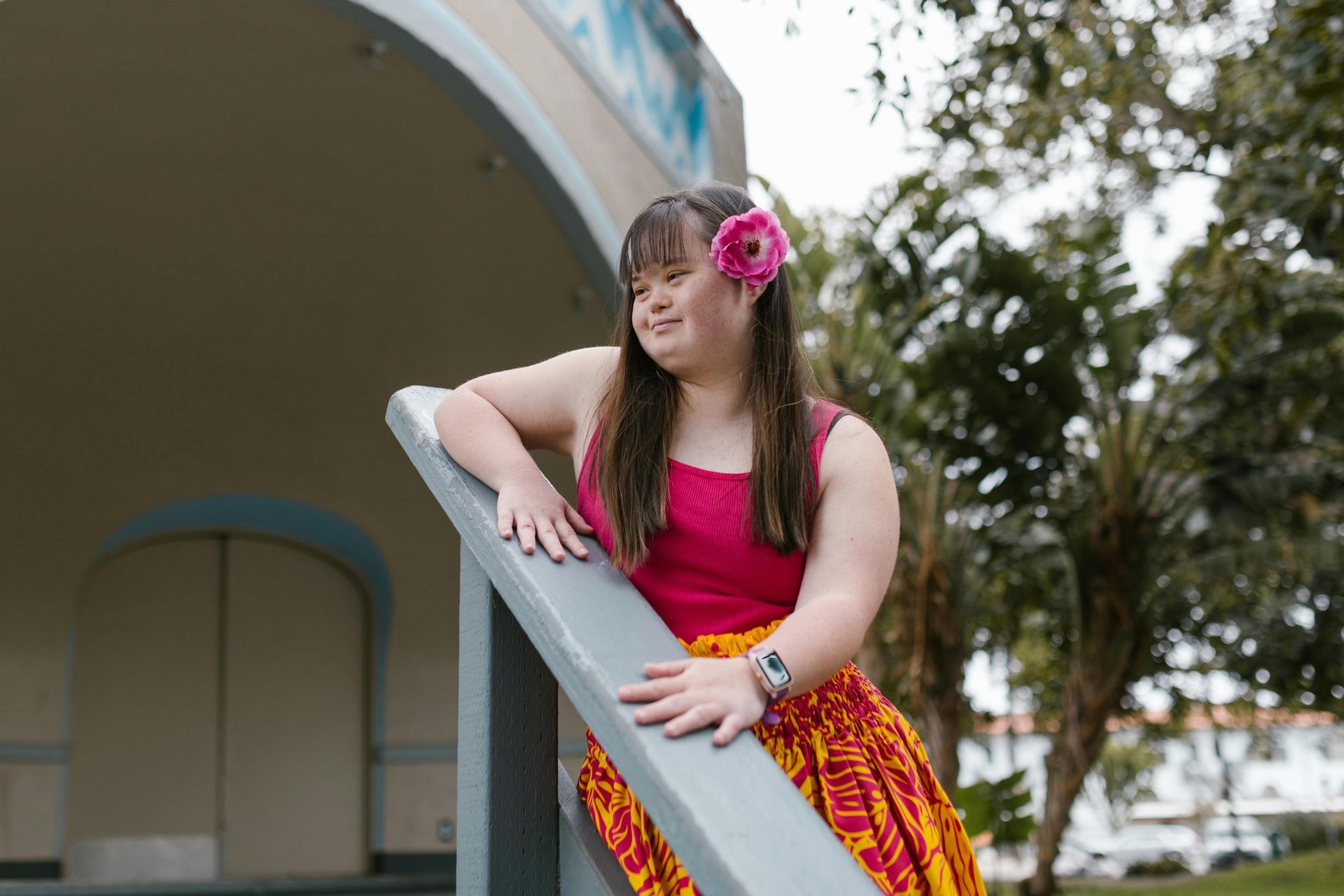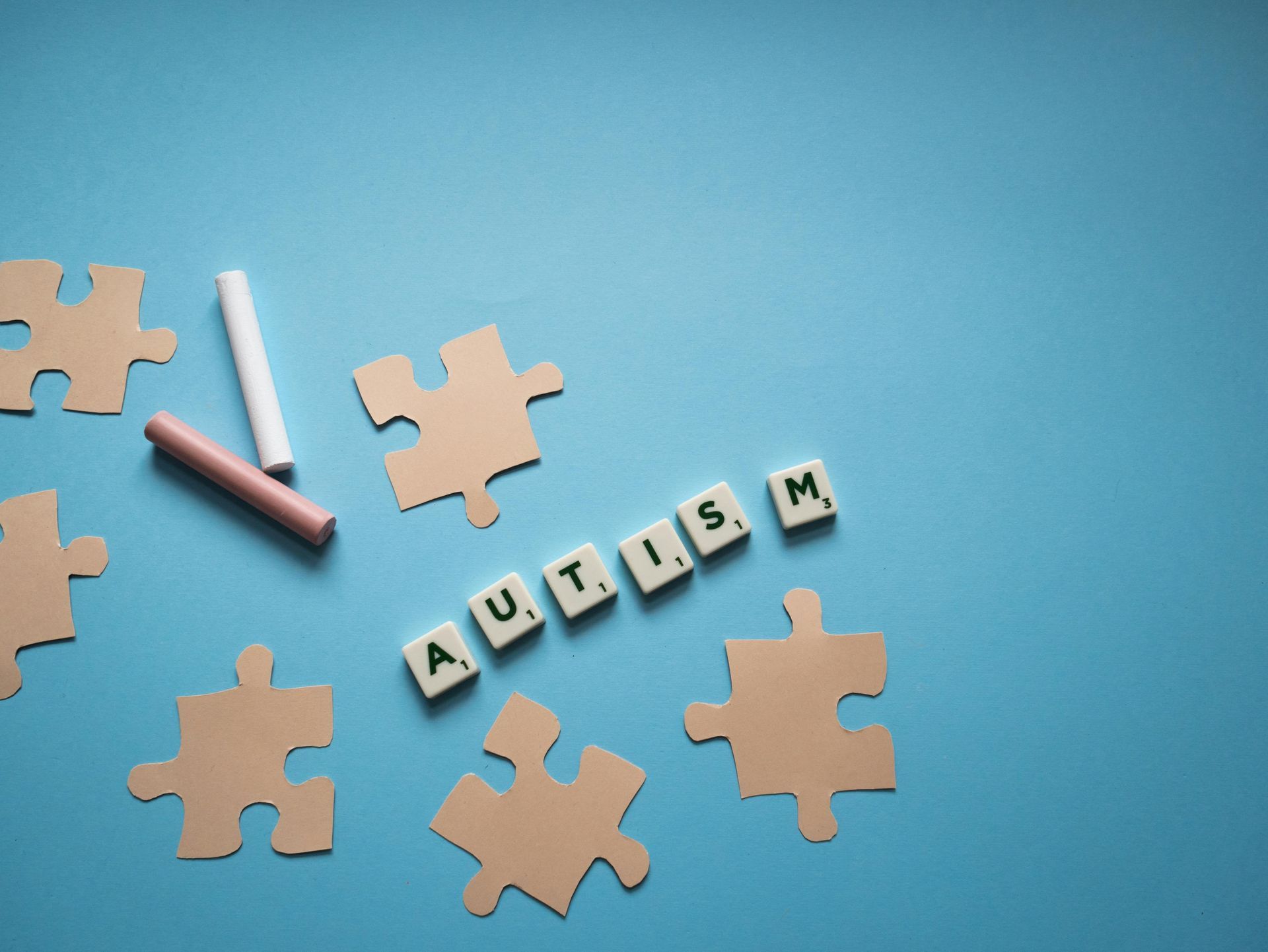As November winds down, many households and caregivers begin preparing for the shift into December—a month filled with emotional, environmental, and routine changes. For individuals living with mental health challenges or developmental disabilities, transitions can feel overwhelming without the right level of preparation and support.
December tends to bring schedule adjustments.
It also brings weather changes, holiday gatherings, and increased sensory input. The earlier families, caregivers, and support teams prepare for these shifts, the smoother the transition can be. Creating a calm plan at the end of November helps individuals maintain stability, independence, and emotional comfort.
A helpful first step is reviewing upcoming changes to weekly routines. Visual schedules or digital reminders can reduce anxiety by offering structure. Preparing clothing for colder weather, adjusting sleep routines to shorter daylight hours, and setting expectations for travel or holiday activities all contribute to a more predictable environment.
Another key focus is emotional readiness. Many people benefit from dedicated time to express concerns, anticipate stressors, or identify coping tools that work best for them—whether grounding exercises, safe spaces, or communication supports. Caregivers can gently reinforce that changes are normal and that support is available every step of the way.
Finally, dedicating time for relaxation and meaningful connection can make the transition feel positive rather than overwhelming. Even small steps—like organizing a favorite activity or simplifying holiday traditions—can help ensure individuals feel valued and included.
If your family or care team is looking for professional support during seasonal transitions, compassionate assistance is available.
Contact
Global Hands Inc.
today for guidance, resources, and personalized care solutions.
#MentalHealthMatters #DevelopmentalDisabilities #CaregiverSupport #SeasonalTransitions #DecemberPreparation #RoutineStability #MarylandCareServices










